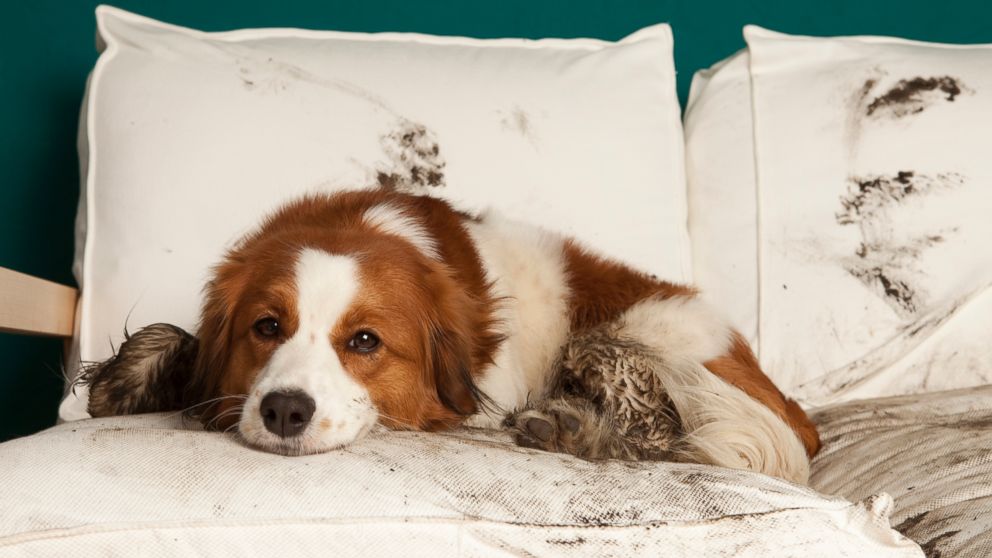Why You Don't Smell Like a Dog
Our most neglected sense is virtually unlimited, scientists find.

March 30, 2014— -- The family mutt isn't the only member of the household with an extraordinary sense of smell. Humans are capable of identifying more than 1 trillion different odors, even if those odors have never been sniffed by anyone before.
But most of us don't know that, because once our ancestors began walking on two legs we no longer paid attention to the rich aromas near the ground, and today our ability to discriminate between different smells is the most ignored part of our sensory system.
So unlike Fido, we rarely take advantage of an ability that is truly extraordinary.
"People usually don't think about it that much and don't respect it because we don't use it much anymore," researcher Andreas Keller of Rockefeller University in New York said in a telephone interview. "But it's still an amazing sensory system that we have and that we could use if we wanted to."
Keller is part of a team of scientists at Rockefeller who have been researching the human olfactory system for years, and they have just blown the lid off another myth about our limitations as humans. Their study was published in the journal Science.
For several decades we have been told that humans can discriminate 10,000 different odors. It's not clear where that number came from, and until now no one has tried very hard to find out whether it's right.
Not only is it wrong, it's so far off the mark that as humans, we ought to be insulted.
Keller's team, led by Rockefeller's Leslie Vosshall, who is also an investigator for the Howard Hughes Medical Institute, had 26 brave volunteers stick their noses over 260 concoctions of 128 aromatic molecules to see if they could identify odors created in the lab, even if they had never smelled them before.
Each sample was composed of up to 30 of the 128 odor-bearing molecules, like the ones that slip up our noses and trigger our olfactory system whenever we smell something. The challenge was to tell which of three samples was different from the other two.
Most got it right most of the time, although there was a huge difference in the olfactory sensitivity among the participants. So we are not all equally blessed when it comes to sniffers, but even the poorest performers got it right more often than chance, especially if one sample was considerably different from the other two.
Some 128 odorous molecules can be combined in many different ways, so there was a giant opportunity for error. The researchers say that they could have come up with an incomprehensible number of odors. That number is 1, followed by 29 zeroes. That's more than 1 octillion.
The experiment showed that the participants could discriminate between 1 trillion different odors, or 1 followed by 12 zeros. They didn't actually smell that many, but by extrapolating from the number of right answers, the process used to conduct the national census and political polls, they came up with the final tally.
Keller said he wasn't surprised by the high number.
"I have never found two mixtures that smelled the same, so you get the idea that the number will be very, very high," he said.
Keller also participated in a Duke University study that found last year that no two people give off exactly the same odor.





